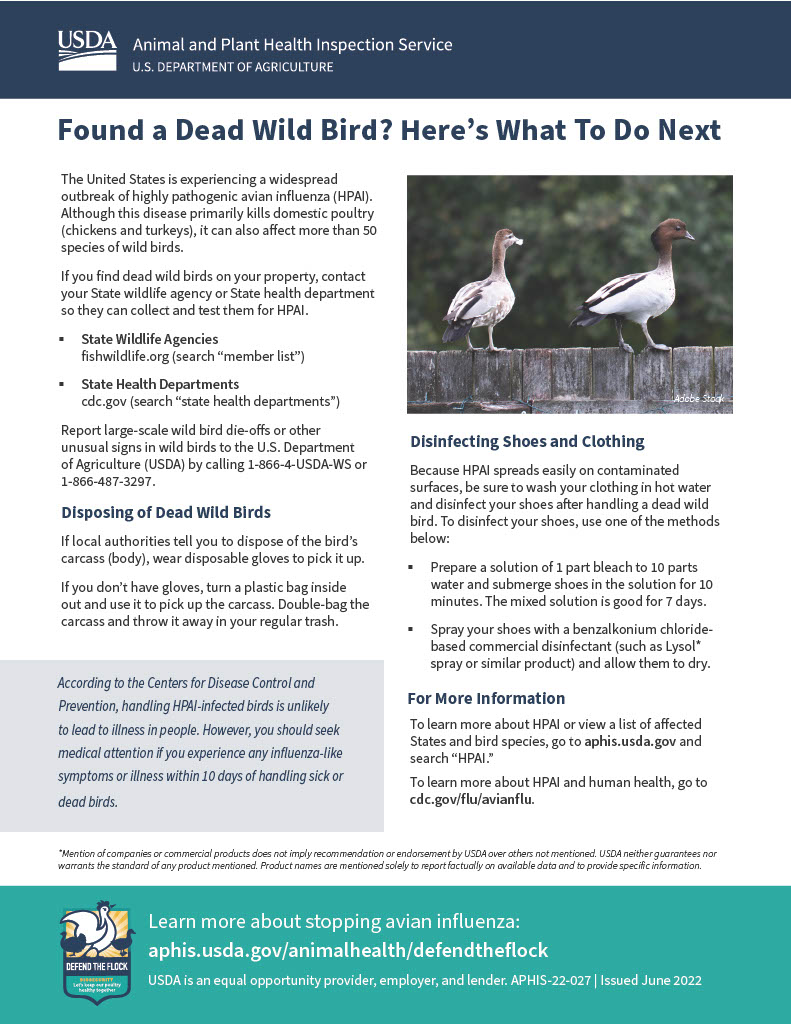Tobacco use remains one of the leading causes of preventable disease and death in the United States, but quitting isn’t just about statistics—it’s about reclaiming your health, your energy, and your future. Whether you smoke cigarettes, use e-cigarettes, or chew tobacco, taking the first step toward quitting can be life-changing. And you don’t have to do it alone.
Every cigarette or tobacco product you use impacts your body. The good news? The benefits of quitting start almost immediately:
Beyond health, quitting can also improve your finances, give you more energy, and set a positive example for your loved ones.
No two people quit in the same way. Finding the right method for you is key to success. Consider these options:
Quitting tobacco isn’t easy, and setbacks are normal. Cravings, mood changes, and habits tied to smoking can make the process tough. Here’s how to stay on track:
Free Resources to Help You Quit
You don’t have to quit alone—help is available. The Charles County Department of Health offers resources to support you on your journey to becoming tobacco-free. Contact us today to learn more about free quit programs, counseling services, and tools to help you succeed.
Make today the day you take the first step. Your future self will thank you!
